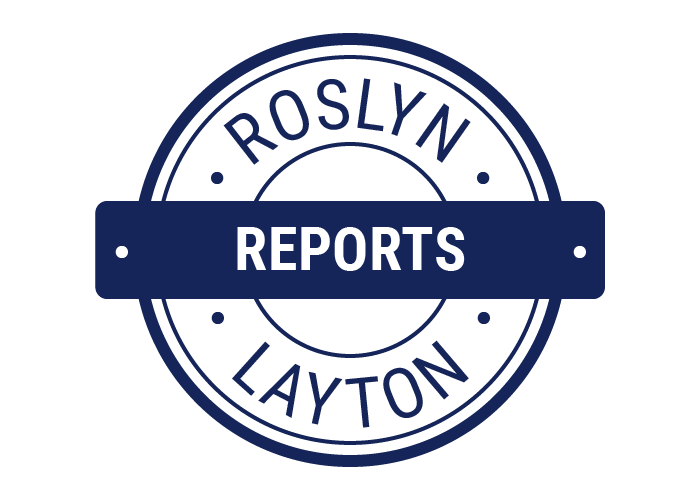Broadband Cost Recovery: A Study of Business Models for 50 Broadband Providers In 24 US States

The cost to manage video streaming in broadband networks is growing 2-3 times faster than revenue, frustrating broader investment and affordability goals. Strand Consult’s new report Broadband Cost Recovery: A Study of Business Models for 50 Broadband Providers In 24 US States sheds light on the cost recovery challenges in broadband networks across the USA. Some 44 of 50 broadband providers from the study report that streaming video accounted for at least half of all their network traffic, with at least 23 providers reporting that streaming video accounted for at least 70 percent.
Strand Consult’s new report, second in a series, finds that three quarters of broadband providers experience that video streaming negatively impacts their ability to serve their customers without additional investment. Middle mile upgrades and related investment initially budgeted every 4-5 years must now happen every 2-3 years, an 83 percent cost increase in just two years. Revenue can’t keep pace with the rate of traffic growth, even with the addition of new customers. Given the need to ensure affordability, just 11 percent of the broadband providers reported that their customers are willing to pay more for broadband because of the investment requirements to facilitate streaming video. Separate independent reports project internet traffic to grow at 25 percent in coming years, with the firms Alphabet, Meta, Amazon, Apple, Microsoft, Netflix, Disney+ and TikTok accounting for most traffic.
The role of tech platforms to ensure broadband affordability and cost recovery Strand Consult’s new report shows that the single largest financial beneficiary of broadband is the set of online technology platforms. Whereas telecom providers have been paying billions of dollars for years to support broadband subsidies, the richest tech platforms contribute zero.
In light of USF reform, the report provides the economic, historical, pragmatic, and ethical case to incorporate select “edge providers”–the largest tech companies Alphabet, Meta, Amazon, Microsoft, Apple, Netflix, and TikTok–into the USF and broadband cost recovery efforts. It describes the dynamics from regulated and market-based perspectives. It presents three models and associated financial projections to fund cost recovery and affordability: advertising revenue; indexing contributions to new users and revenue realized from the Affordable Connectivity Program (ACP); and cloud computing. America’s online advertising and cloud computing industries already exceed the broadband industry in revenue. Assessing online advertising and cloud computing at a fraction of a percent could generate as much as USD $5 billion-20 billion annually, more revenue than a double-digit percentage fee on telecommunications could.
The 50-page report includes the following:
- Executive Summary
- Overview of challenge and opportunity of broadband economics
- Strand Consult’s investigation and survey of 50 broadband providers
- Cost Recovery Business Models and their tradeoffs
- The status of Universal Service (USF) and bipartisan reform
- The case for inclusion of select edge providers into USF: federalism, ethics, equity, efficacy, and legitimacy
- Ensuring broadband affordability for consumers and avoiding the pass-through effect
- Financial projections of contribution models with assessments on select edge providers
Policymakers observe the gap in broadband investment and affordability and want sustainable solutions. Strand Consult’s report Broadband Cost Recovery: A Study of Business Models for 50 Broadband Providers In 24 US States will help policymakers understand the problem and explore different solutions.